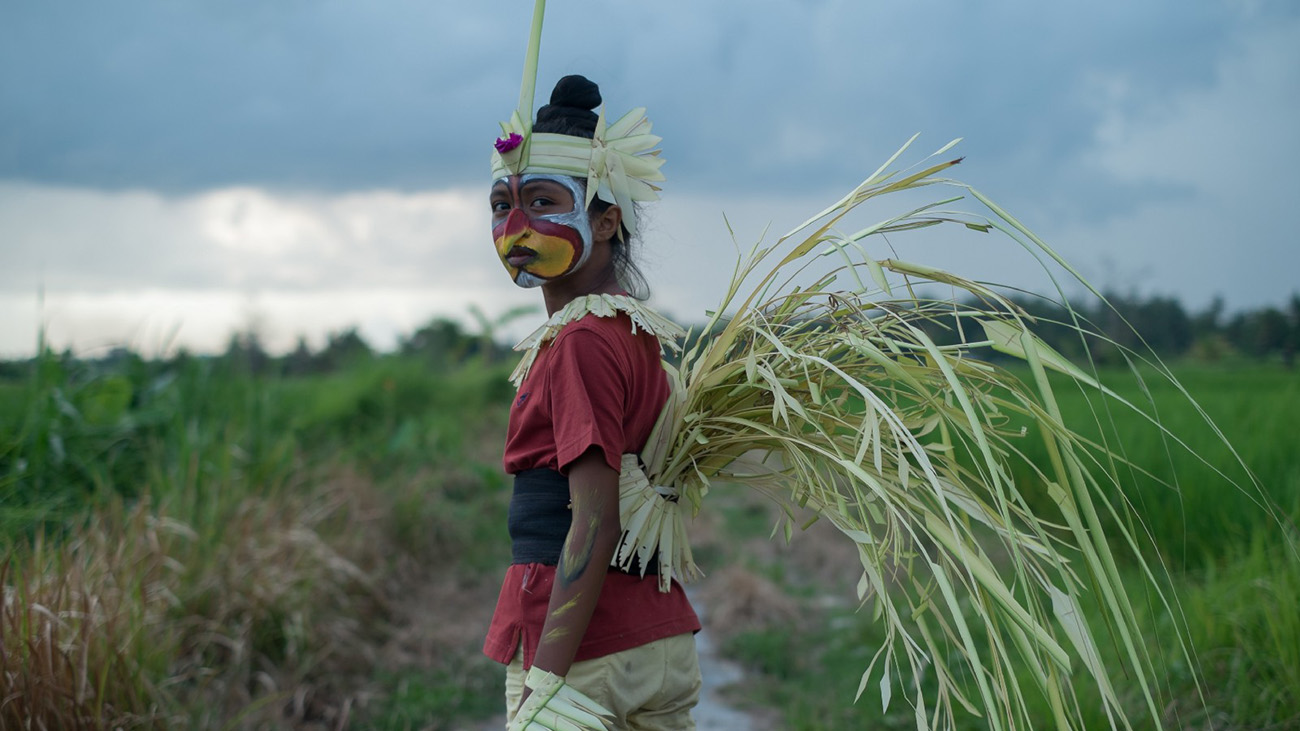- Joined
- Oct 15, 2011
- Messages
- 10,030
- Reaction score
- 119
Haven't seen anything by Jia yet. Those three you mentioned are the first of his I've been meaning to check out.any thoughts on Jia Zhangke? i was thinking about setting aside what looks to be a rainy Monday next week to watch Still Life, A Touch of Sin, & Ash is Purest White.
I haven't seen too much by the more recent wave of directors, the so-called sixth generation. A couple exceptions that I thought were really great, the bleak Blind Shaft, and the absolutely devastating Nanjing! Nanjing!, probably the most horrific war film I've seen after Come and See.
I hadn't heard of this until now, but wow what a chilling story surrounds this movie.i’ve also had Hu Bo’s An Elephant Sitting Still sitting on my shelf, but i’ve been a mega pussy about the runtime. i hope to stop being such a coward & just watch it already.
"The first and last film of the novelist-turned-director Hu, who committed suicide soon after finishing his film on 12 October 2017 at the age of 29"
Sounds like an interesting film. And yeah holy shit I just looked at the runtime, 10 minutes shy of four hours, that's crazy. Chinese seem a bit more receptive to long runtimes compared to some, but usually we're talking martial arts epics or multi-generational family dramas, not experimental fare such as this, and not often exceeding three hours.
I have not, sounds great though. Pretty funny story surrounding this one. Marketed as a date movie, had massive pre-sales, then dropped off hard when the actual movie came out, with the hashtag “can’t understand Long Day’s Journey Into Night” trending on social media LOLhave you watched Long Day’s Journey Into Night yet? it might be my favorite film from the last five years. The Forbidden Room & Phantom Thread are the only other movies from the last five years i can think of that i might like more? idk, i haven’t even last watched Phantom Thread in at least a year, so Long Day’s Journey Into Night definitely has it beat out via recency bias. it honestly doesn’t even matter, now i’m just rambling when i could be simply saying: Long Day’s Journey Into Night is an amazing fucking movie.
Kind of similar to Phantom Thread in that sense. I could imagine people not knowing much about the movie or PTA and thinking it's a date movie, only to see it and say "wtf is this shit?"
Doesn't have an English language wiki page, which unfortunately doesn't bode well for tracking down a copy. In my experience I've had more trouble finding Chinese films with good prints and English-subtitles than from any other place. Movies that I read up on and are considered all time classics, and I can't find a copy. I remember I wanted to watch this film from Taiwan called A City of Sadness (1989), not that old of a film, directed by probably the most widely known Taiwanese filmmaker, won the top fucking prize at Venice... and the only copy I could find was a VHS with no subtitles. After I started taking Chinese language classes I sought out a multitude of films, and I think about half of them proved too difficult to locate.i need to get my hands on Bi Gan’s debut, Kaili Blues
On the general topic of mainland cinema, one interesting thing I've noticed is that whenever a film faces censorship troubles within China, that's usually a sure sign that the movie is worth watching. If a film is so controversial as to not receive a domestic release, and earn its director a years-long ban on filmmaking then it's probably an excellent film. I haven't seen it yet, but based on this logic The Blue Kite might be the greatest mainland film of all time since Tian Zhuangzhuang was stricken with a 10 year ban(!) from filmmaking for it, which is fucking mindblowing to me. His career doesn't seem to have recovered from that, probably because he's too afraid to touch any potentially taboo subject lest he face the ire of the censors.
There was a really interesting development concerning Chinese censorship and international festivals very recently. So, Zhang Yimou is a director I've been rather critical of, because despite him making some phenomenal, completely fearless movies in the late 80's and early 90's, since then he has generally focused on more toothless mainstream fare. Worse than that he also seems to tow the party line. I can't judge him too harshly for this, he did receive a two-year filmmaking ban after To Live (1994), and since no one in China can continually run afoul of the censors and keep their livelihood, he essentially had to choose between working within the system, finding another career, or completely relocating to another country, with no guarantee he'd be able to get movies made in his new home.
All that being said, I was certain that Zhang's days making controversial films were long gone. So color me absolutely shocked to read that Zhang's newest film One Second was pulled from the Berlin film festival days before it was set to premier, the official reason given being "technical difficulties encountered during post-production." Care to take a guess at the subject matter? Spoiler: It's about a man who escapes from a farm-prison during the Cultural Revolution. Very strange that the script made it through the censors yet somehow the finished film didn't. I really hope it gets released someday in the not-too-distant future, and that Zhang doesn't face any negative career repercussions. Although, I guess he already has considering he was supposed to have a shot at winning top prize at Berlin with this film.
Last edited:




/s3/static.nrc.nl/bvhw/files/2019/12/data53284555-7b05b9.jpg)






